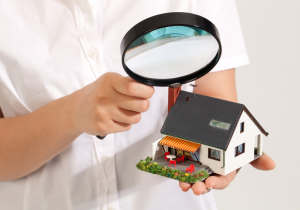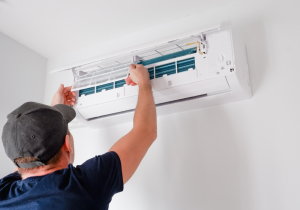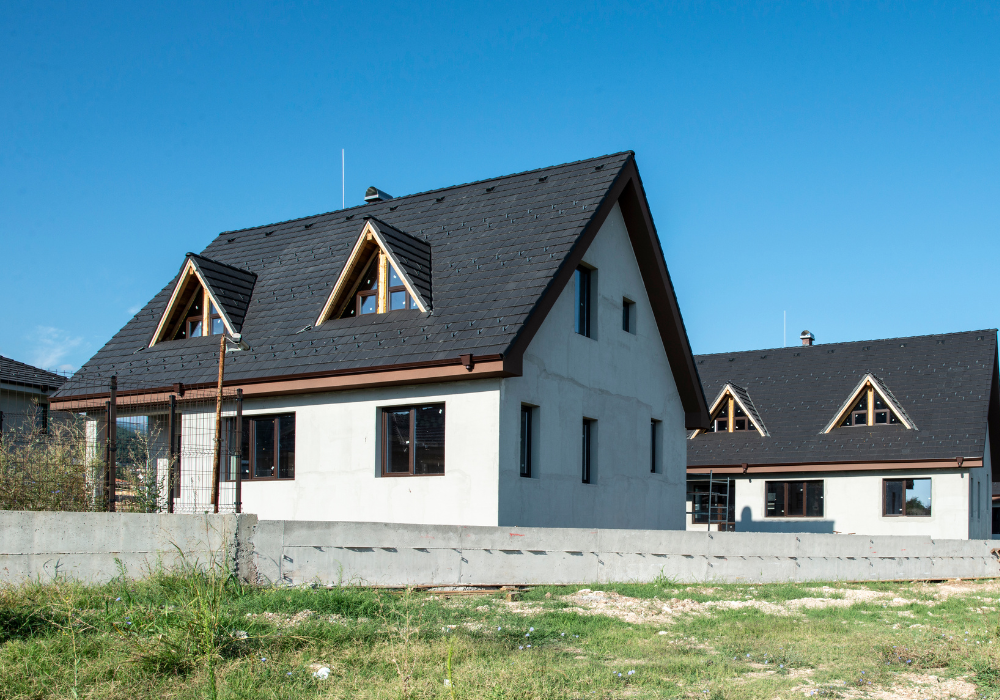Have you recently purchased a newly constructed home? Congratulations! It’s an exciting time filled with dreams of fresh starts and new memories. But before you pop the champagne, there’s one crucial step that often gets overlooked—home inspections.
In this article, we’ll discuss why home inspections are essential for newly constructed homes. We’ll debunk myths, outline the benefits, and provide practical advice for first-time homebuyers, new homeowners, and real estate investors. Whether you’re about to close on a new property or just exploring your options, this guide will help you understand the importance of home inspections in ensuring your investment is sound and safe.
The Basics of Home Inspections
 What is a Home Inspection?
What is a Home Inspection?
A home inspection is a thorough examination of a property’s condition, typically performed by a certified inspector. This process involves evaluating various structural elements and systems within the home, including plumbing, electrical, roofing, and HVAC systems. The goal is to identify any existing problems or potential future issues, providing homeowners with a clear understanding of the property’s overall state.
Importance of Home Inspections
Home inspections are critical for several reasons. First, they help uncover hidden issues that may not be apparent during a casual walkthrough. Second, they provide invaluable leverage for negotiating repairs or price reductions with the seller. Lastly, they offer peace of mind, ensuring that your new home is safe and free from significant defects.
Differences Between Pre-Purchase and New Construction Inspections
While both pre-purchase and new construction inspections aim to assess a home’s condition, there are key differences. Pre-purchase inspections focus on existing homes, identifying wear-and-tear issues and outdated systems. In contrast, new construction inspections are centred around verifying that the builder has adhered to all local building codes and quality standards. Both types are equally important but serve different purposes in the homebuying process.
Common Misconceptions About New Homes
The Myth of Flawless New Homes
Many first-time homebuyers assume that newly constructed homes are flawless, given their brand-new status. However, this is a common misconception. Even new homes can have defects, ranging from minor cosmetic issues to significant structural problems. Relying solely on the builder’s reputation or warranties is not enough to guarantee a defect-free home.
Unique Issues in New Homes
Newly constructed homes can have unique problems that older homes might not face. These can include incomplete or rushed work, untested systems, and even overlooked building codes. For example, a new HVAC system might not be properly calibrated, or electrical wiring might be incorrectly installed. Identifying these issues early on can save you from headaches down the line.
The Role of Builders
While most builders strive for quality, mistakes can happen. Subcontractors might cut corners, or materials might be defective. A home inspection serves as an additional layer of scrutiny, ensuring that your home meets all standards of safety and quality.
Benefits of New Home Inspections
Ensuring Quality and Safety
One of the most significant benefits of a new home inspection is ensuring that all aspects of the property meet quality and safety standards. Inspectors check for compliance with local building codes, verify the integrity of structural components, and assess the functionality of essential systems. This ensures that your new home is not only beautiful but also safe and well-built.
Protecting Your Investment
Investing in a home is a significant financial commitment. A new home inspection helps protect this investment by identifying potential issues before they become costly problems. For instance, discovering a plumbing issue early on can prevent water damage and expensive repairs in the future. By addressing these issues upfront, you safeguard your investment and avoid unexpected expenses.
Preventing Future Issues
Home inspections also play a crucial role in preventing future issues. By identifying and addressing problems early, you can avoid the stress and inconvenience of dealing with them later. For example, an improperly installed roof might not show immediate signs of trouble but could lead to leaks and structural damage over time. A thorough inspection catches these issues before they escalate, ensuring long-term peace of mind.
The Inspection Process for New Homes
What to Expect During a New Home Inspection
During a new home inspection, the inspector will systematically evaluate each aspect of the property. This includes the foundation, roofing, plumbing, electrical systems, HVAC, and more. The process typically takes a few hours, depending on the home’s size and complexity. The inspector will document their findings in a detailed report, highlighting any areas of concern and providing recommendations for repairs or improvements.
 Important Areas and Systems to Be Inspected
Important Areas and Systems to Be Inspected
Several critical areas and systems should be thoroughly inspected in a newly constructed home:
- Foundation: Inspect for cracks, settling, or other signs of structural issues.
- Roofing: Check for proper installation, potential leaks, and overall condition.
- Plumbing: Assess water pressure, drainage, and potential leaks.
- Electrical: Verify wiring, outlets, and overall electrical safety.
- HVAC: Ensure heating and cooling systems are functioning correctly and efficiently.
- Insulation and Ventilation: Confirm adequate insulation and ventilation to promote energy efficiency and comfort.
By thoroughly evaluating these areas, the inspector ensures that your new home is built to last.
Post-Inspection Steps
After receiving the inspection report, review it carefully with your realtor or builder. Identify any issues that need immediate attention and negotiate repairs or adjustments with the builder if necessary. Addressing these concerns early on ensures that your new home meets all standards and provides a safe and comfortable living environment.
Advice and Tips for First-Time Homebuyers
Choosing a Reliable Inspector
Selecting a reliable home inspector is crucial for a thorough and accurate assessment. Look for inspectors who are certified by reputable organizations like the American Society of Home Inspectors (ASHI) or the International Association of Certified Home Inspectors (InterNACHI). Additionally, check online reviews and ask for recommendations from friends or family who have recently purchased homes.
Understanding Inspection Reports
Inspection reports can be detailed and technical, making them challenging to interpret for first-time homebuyers. Take the time to review the report with your inspector, asking questions about any areas of concern. Understanding the findings and their implications helps you make informed decisions about your new home.
Next Steps After the Inspection
Once the inspection is complete and you have reviewed the report, take the following steps:
- Address Immediate Concerns: Prioritize and address any critical issues identified in the report.
- Negotiate with the Builder: Discuss necessary repairs or adjustments with the builder to ensure your home meets all standards.
- Plan for Future Maintenance: Use the inspection report as a guide for future maintenance and upkeep, helping you preserve your home’s value and integrity.
By following these steps, you can confidently move forward with your new home purchase.
Home inspections are a vital step in the home-buying process, even for newly constructed homes. They ensure quality and safety, protect your investment, and prevent future issues. By thoroughly inspecting critical areas and systems, you can address potential problems early on and enjoy peace of mind in your new home.
Ready to take the next step in your home-buying journey? Contact us today to schedule an inspection for your newly constructed home, and ensure your investment is sound and secure.

